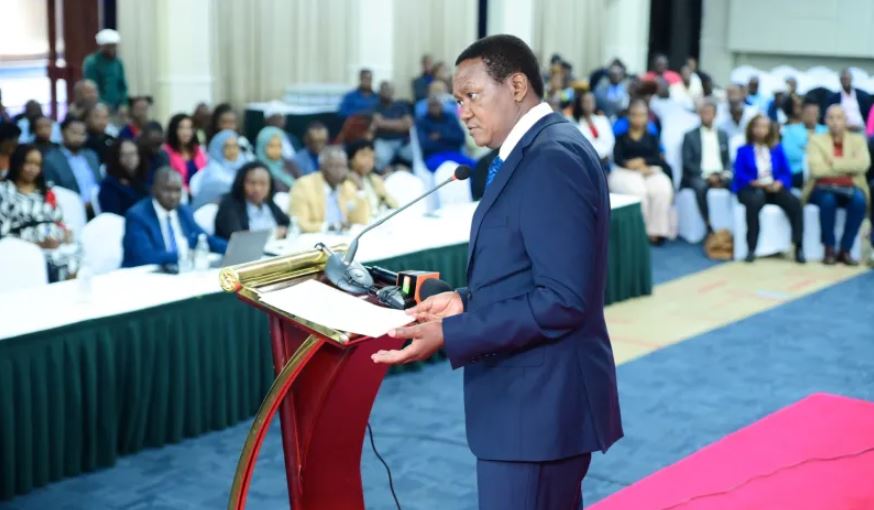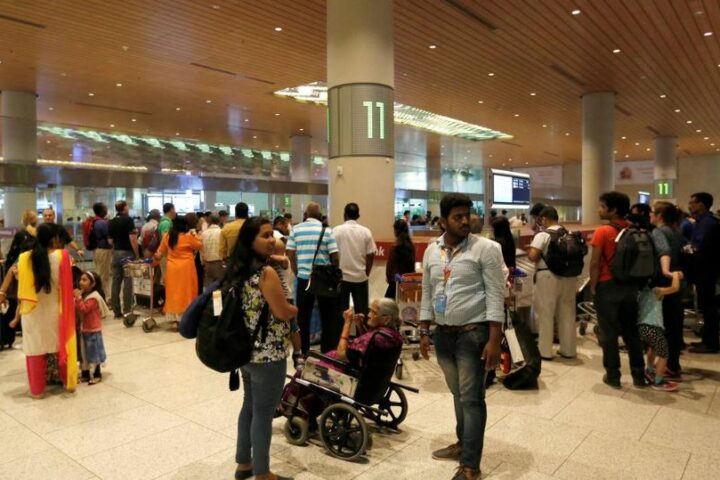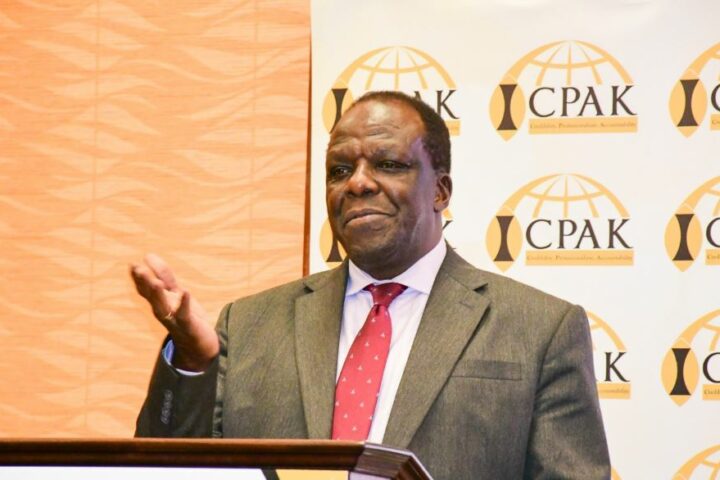 The government has introduced reforms to enhance the protection and preparedness of Kenyans seeking employment abroad.
The government has introduced reforms to enhance the protection and preparedness of Kenyans seeking employment abroad.
These reforms, aimed at streamlining the recruitment and deployment process, were developed in consultation with both local and international stakeholders.
Labour Cabinet Secretary Alfred Mutua announced that new employment agencies will be required to pay Ksh 500,000 for a one-year registration certificate. Renewals for existing agencies will cost Ksh 500,000 for two years or Ksh 250,000 for one year.
These measures will take effect on September 23, with the National Employment Authority (NEA) overseeing compliance.
Pre-departure and Homecare Training
Pre-departure training for Kenyan migrant workers will now integrate homecare management, reducing the duration from 26 days to 14 days. Other skilled workers will complete a shortened two-day pre-departure training. The new assessment process will be graded on a 100-point scale, with 65% for practicals, 25% for continuous assessment, and 10% for theory. A minimum pass mark of 60% is required.
Mutua added that workers who have previously completed contracts in the Gulf will be exempt from these training requirements for faster redeployment. To further support domestic workers heading to countries like Saudi Arabia, the government is developing a model Arabic-style house in Mombasa and Nairobi to better prepare them for the work environment abroad.
Affordable Training
To ensure the affordability of training, the cost of homecare and pre-departure programs will be capped at Ksh 14,000. Mutua also assured the public that the government is investigating rogue agencies, with several cases already being handled by the Directorate of Criminal Investigations (DCI).
Mutua highlighted efforts to reduce financial strain on job seekers by encouraging banks to provide financing to recruitment agencies.
“We are committed to addressing the issue of rogue agencies, and we are working with banks to offer financing to agencies so job seekers won’t be burdened,” he stated.
These reforms are expected to facilitate the deployment of 5,000 to 10,000 Kenyans abroad each week, supporting President William Ruto’s goal of expanding labor mobility.








